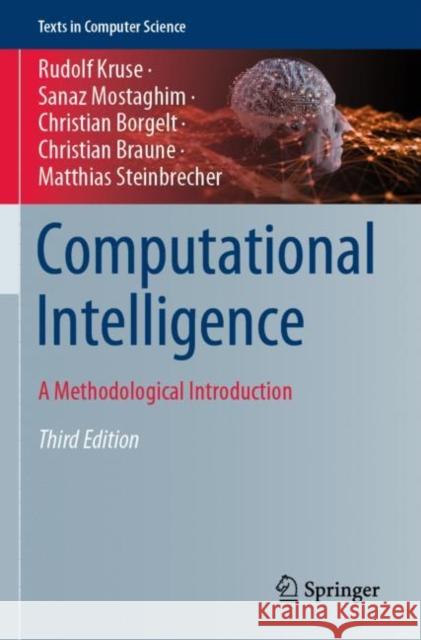Computational Intelligence » książka
topmenu
Computational Intelligence
ISBN-13: 9783030422295 / Angielski / Miękka / 2023 / 639 str.
Computational Intelligence
ISBN-13: 9783030422295 / Angielski / Miękka / 2023 / 639 str.
cena 261,63
(netto: 249,17 VAT: 5%)
Najniższa cena z 30 dni: 231,29
(netto: 249,17 VAT: 5%)
Najniższa cena z 30 dni: 231,29
Termin realizacji zamówienia:
ok. 16-18 dni roboczych.
ok. 16-18 dni roboczych.
Darmowa dostawa!
Kategorie:
Kategorie BISAC:
Wydawca:
Springer Nature Switzerland AG
Seria wydawnicza:
Język:
Angielski
ISBN-13:
9783030422295
Rok wydania:
2023
Ilość stron:
639
Wymiary:
23.5 x 15.5
Oprawa:
Miękka
Dodatkowe informacje:
Wydanie ilustrowane











